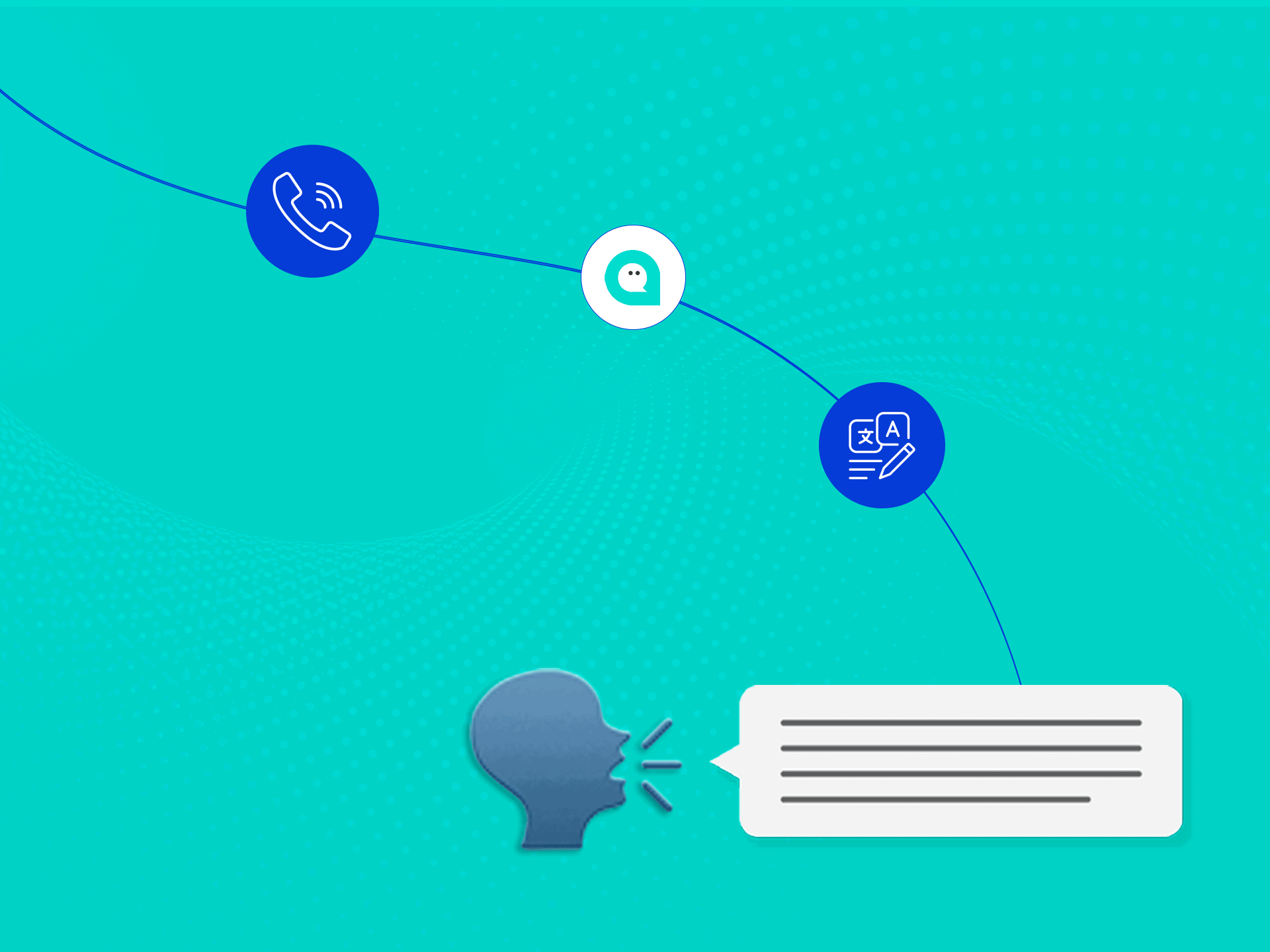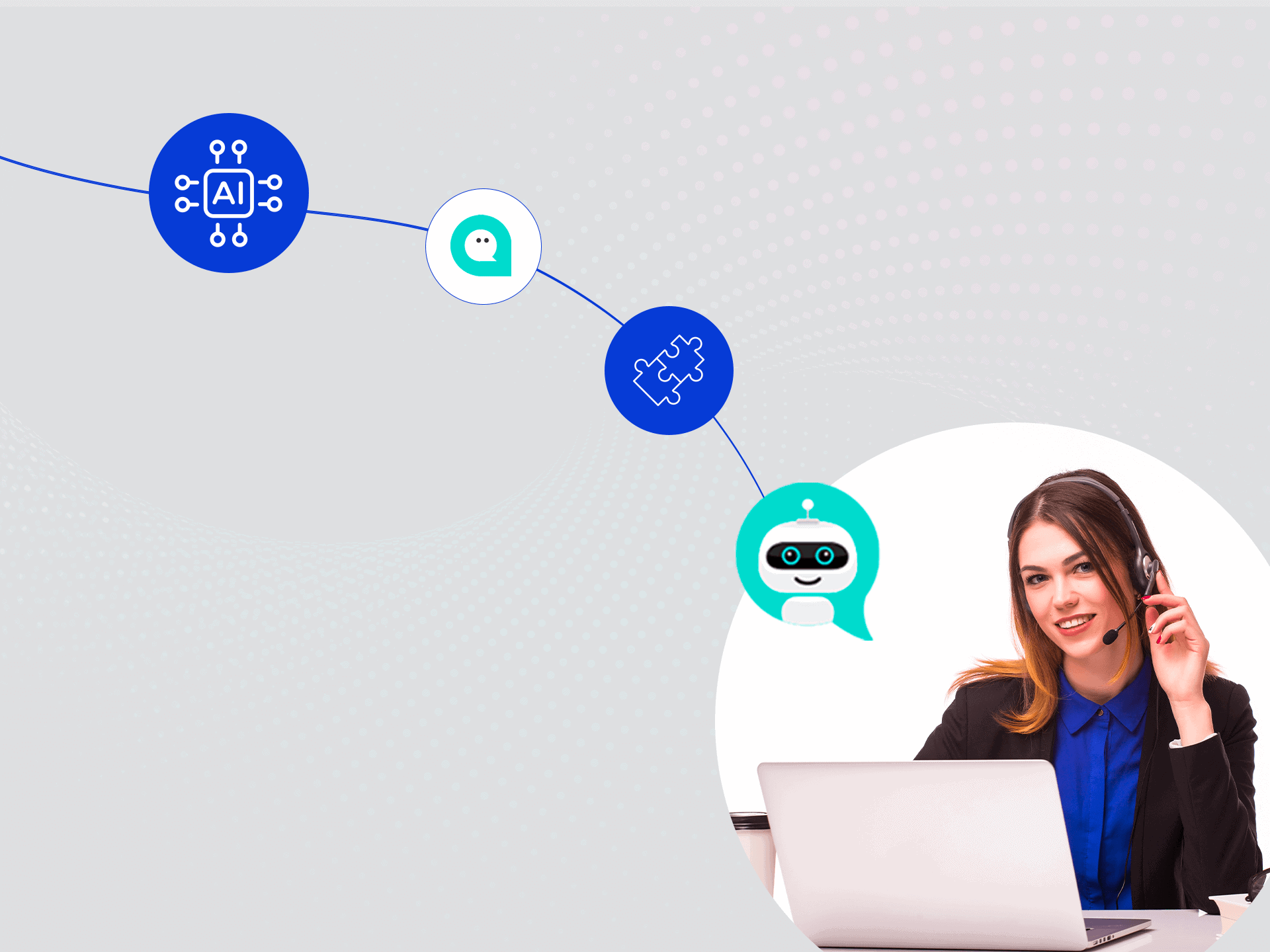In the dynamic world of contact centers and enterprise communications, theautomationhas become an essential component in improving operational efficiency and customer experience. Automation triggers are useful and very important tools in managing the automation of interactions in customer service. But what are they and how can they best be applied? In this article we will try to understand it together.
What are Automation Triggers?
Automation triggers are predefined rules and actions that are triggered based on specific events or conditions. In essence, they are like "signals" that trigger automatic activity within the system, reactions configured to activate when certain conditions or events occur, without the need for human intervention.
They are versatile tools that can simplify and accelerate the daily operations of contact centers, to improve the efficiency and quality of customer service.
For example, a trigger can automatically send a happy birthday email to a customer when his or her birthday occurs, or send notifications, assign tickets, divert a case to the specialized team if it contains relevant keywords, and so on.
Practical applications of automation triggers
The use of automation triggers is varied and can be tailored to the specific needs of a business, enabling it to optimize processes, make operations more productive, and offer faster and more effective service to its users.
Here are some practical examples of how automation triggers can be applied:
- Automatic response: configure an automation trigger to send an automatic response via email or SMS when a customer sends a support request. This assures the customer that their request has been received and is awaiting processing, improving their experience and reducing wait times.
- Automatic ticket assignment: use an automation trigger to automatically assign tickets to agentsbased on their availability, skills or workload. This ensures an equitable distribution of labor and optimizes the efficiency of human resources in the contact center.
- Proactive follow-up: set up an automation trigger to send an automatic follow-up to customers after a specific interaction, such as a purchase or support call. This demonstrates an active interest in the customer, providing personalized service and building long-term relationships.
- Priority escalation: create an automation trigger to detect high-priority situations, such as an unhappy customer or urgent request, and automatically trigger an escalation workflow to ensure that the right level of attention and timely resolution is given.
- Feedback management: use an automation trigger to collect feedback from customers after an interaction or purchase. This helps to assess customer satisfaction, gather useful information to improve processes and strengthen the company's reputation.
These are just a few examples of how automation triggers can be applied in practice. The versatility of this feature allows it to be adapted to the specific needs of the contact center, creating a number of obvious advantages in customer care management.
Advantages of automation triggers
The main benefits of these automatic mechanisms are:
- Process optimization: automating repetitive tasks, freeing operators.
- Consistency of service: apply equal rules for all customers.
- Quick response: trigger actions in real time without waiting.
- Accuracy: they prevent errors due to human factor.
- Monitoring: generate alerts based on set thresholds.
- Integration: easily connect to CRM, apps and databases.

Automation triggers in XCALLY
Within the omnichannel suite XCALLY, triggers are used to automate a variety of tasks. With its intuitive and user-friendly interface, users can define the desired conditions, actions, and recipients based on the specific needs of their contact center.
Custom triggers can be created based on performance metrics, types of interactions, ticket priorities and many other criteria. With this flexibility, XCALLY enables intelligent automation of operations, improving productivity and ensuring efficient management of customer interactions.
Examples of applications within the XCALLY omnichannel suite.
XCALLY leverages automation triggers to optimize customer service processes, including:
- Intelligent queue assignment based on set criteria
- Routing incoming calls to specific teams
- Automatic sending of text messages and emails for alerts and reminders
- Automatic ticket creation from email and chat
- Automatic assignment of tickets to agents based on skills
- Push notifications for high wait times
- Alerts when a KPI exceeds the defined threshold
By harnessing the full potential of automation triggers, XCALLY enables optimization of daily operations, simplifying and automating the day-to-day interactions of a contact center and making customer service faster, more efficient, and more accurate.
Whether you are looking to automate notifications, improve ticket management, or streamline workflow, XCALLY's automation triggers are thesecret weapon to success in your contact center.
Harness the power of automation and take your operations to the next level with XCALLY!




